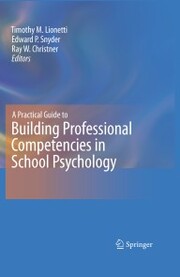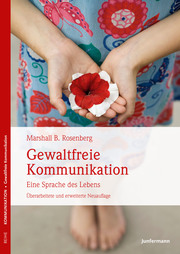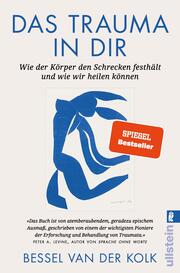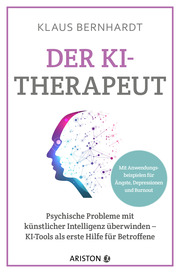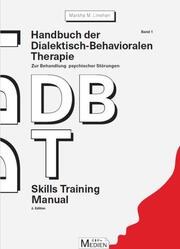Format: PDF
DRM: Digitales Wasserzeichen
- Belletristik & Lyrik
- Krimi
- Kinder- und Jugendbuch
- Bilderbücher
- Familie
- E-Reader
- Hörbuch für Erwachsene
- Hörbuch für Kinder
- Reise
- Landkarten & Stadtpläne
- Kalender
- Politik & Wirtschaft
- Gesundheit
- Demenz
- Kochen
- Natur & Tiere
- Regionalia
- Körper und Seele
- Hobby & Basteln
- Humor & Nettigkeiten
- Geschichte & Kultur
- Schulbuch
- Lernhilfen
- Pädagogik
- Psychologie
- Partnerschaft & Erotik
- Fremdsprachige Literatur
- Theologie & Philosophie
- Fantasy & SciFi
- Lifestyle
- New Adult
- Influencer & Blogger
- Graphic Novel
- Manga
- Tickets
- Sprachen
- Biographien
- Sport
- Wissen
- Recht
- Beruf & Karriere
- EDV
- Fahrzeuge
„E-Book“ steht für digitales Buch. Um diese Art von Büchern lesen zu können, wird entweder eine spezielle Software für Computer, Tablets und Smartphones oder ein E-Book Reader benötigt. Da es verschiedene (Datei-)Formate für E-Books gibt, gilt es dabei einiges zu beachten.
Von uns werden digitale Bücher hauptsächlich in zwei Formaten ausgeliefert: EPUB und PDF. Je nach Verlag und Titel kann zu dem Format eine Form vom Kopierschutz (DRM=Digital Rights Management) gehören. Sie können Format und Form des DRM der Detailansicht des Titels entnehmen.
- Bei E-Books ohne DRM (DRM: Nicht vorhanden) müssen Sie lediglich sicherstellen, dass Ihr E-Book Reader, Software oder App das Format (EPUB oder PDF) öffnen kann.
- Der Kopierschutz per Digitalem Wasserzeichen (DRM: Digitales Wasserzeichen) speichert Daten zum Download des Buches direkt in der Datei, die ggf. gerichtlich ausgelesen werden können. Genau wie E-Books ohne DRM können diese Titel ohne Beschränkung kopiert und auf verschiedenen Geräten gespeichert werden, sind allerdings rückverfolgbar.
- Wenn ein Format mit "hartem" Kopierschutz gekoppelt ist (DRM: Adobe DRM), besteht zusätzlich die Notwendigkeit, dass Sie einen kostenlosen Adobe® Account besitzen (genannt Adobe® ID). Nach dem Kauf eines solchen Titels erhalten Sie per Download zunächst eine Übertragungsdatei (URLlink.acsm). Stellen Sie sicher, dass in Ihrer Software (z.B. Adobe® Digital Editions), Ihrer App oder in ihrem Reader die zuvor erwähnte Adobe ID (Ihre E-Mail-Adresse und Ihr Passwort) hinterlegt sind.
Beim ersten Öffnen der Übertragungsdatei im E-Book-Programm oder auf dem Reader wird das Buch untrennbar mit der Adobe ID verknüpft, mit der die Software / das Gerät angemeldet ist.
!! Sollte zu diesem Zeitpunkt keine ID angelegt sein, kann das E-Book nur auf diesem Gerät (Reader oder Computer) gelesen werden und nirgendwo sonst !!
Achten Sie bei der Übertragung von E-Books darauf, dass die selbe Adobe® ID benutzt wird, wie zum ersten Öffnen.
Da E-Books nur für eine begrenzte Zeit – in der Regel 6 Monate – herunterladbar sind, sollten Sie stets eine Sicherheitskopie auf einem Dauerspeicher (Festplatte, USB-Stick oder CD) vorsehen. Auch ist die Menge der Downloads häufig auf maximal 5 begrenzt.
Die Rückgabe von digitalen Inhalten ist technisch bedingt nicht möglich.


